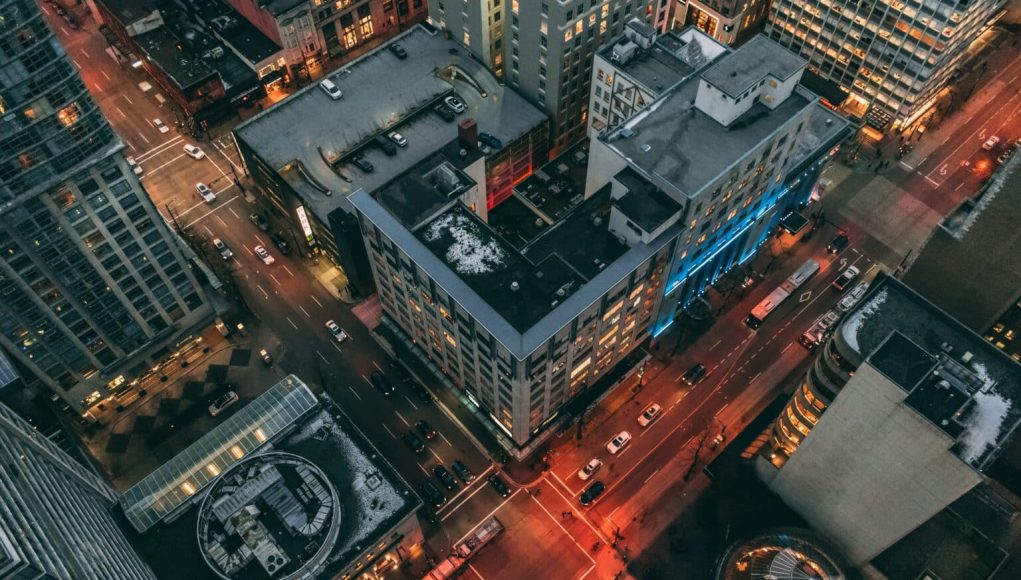Valuing exponential growth as “progress” is unsustainable
By David Suzuki with contributions from Senior Editor and Writer Ian Hanington
The global economic system is based on the creed of cancer — endless growth. It’s impossible to maintain steady growth indefinitely on a finite planet. This is not ideology but simple mathematics.
Consider a test tube, which stands for the planet, filled with food for bacteria. We add one bacterium, which represents us. That bacterium will go into exponential growth by dividing every minute. At time zero, there is one cell, at one minute there are two, at two minutes four, three minutes eight and at 60 minutes, the test tube is full of bacteria and there’s no food left. So it’s a 60-minute growth cycle.
The planet is finite, and every scientist I’ve talked to agrees we’re already past the 59th minute. All the talk about our need for more is accelerating us along a path to oblivion.
When is the test tube only half full? Of course, it’s at 59 minutes. At 58 minutes, it’s 25 per cent full. At 55 minutes, it would be three per cent full.
If at 55 minutes, one of the bacteria were to suggest they have a “population problem,” the others would respond, “What the hell have you been smoking, Jack? Ninety-seven per cent of the test tube is empty and we’ve been around for 55 minutes!”
Suppose at 59 minutes, the bacteria realize Jack was right, and in desperation throw money at bacterial scientists who, in less than a minute, quadruple the food supply with three test tubes full of food. (That would be like finding three more planets just like Earth that we could move to easily.) So they’re saved, right?
Well, at 60 minutes, the first test tube is full, at 61 minutes the second is full and at 62 minutes all four are full. By quadrupling the amount of food and space, they buy two extra minutes. How can we find more air, water, soil or biodiversity when they’re fixed or declining? The planet is finite, and every scientist I’ve talked to agrees we’re already past the 59th minute. All the talk about our need for more is accelerating us along a path to oblivion.
What kind of system enables a handful of individuals to become obscenely wealthy while hundreds of millions barely — or don’t — survive?
Yet we have come to define “progress” as economic growth. Ask any politician or corporate executive how well they did last year and they will talk about growth (or no growth) in jobs, gross domestic product or GDP, market share or profit. No one wants to stop “progress,” so we fail to ask the important questions: What is an economy? What is it for? Are there no limits? How much is enough? Are we happier with all this stuff?
What kind of system enables a handful of individuals to become obscenely wealthy while hundreds of millions barely — or don’t — survive?
The growth obsession is impossible to fulfil in a finite world and many, including me, believe the global economy is already too big to be sustainable. The challenge of an already-too-large global economy is not to grow even bigger but rather to shrink while finding more equitable ways to share its benefits within and between nations.
Without these natural services, the planet would be uninhabitable for animals like us, yet they are not even acknowledged in the economy.
In The Economics of Biodiversity: The Dasgupta Review 2021, British economist Partha Dasgupta showed that the economy is not anchored in nature, but is built on human innovation and productivity. Nature’s services that keep the planet habitable — such as pollination of flowering plants, nitrogen fixation in soil, photosynthesis that removes carbon and adds oxygen to the atmosphere, water filtration, composting of dead plants and animals to create soil and so on — are left out.
Without these natural services, the planet would be uninhabitable for animals like us, yet they are not even acknowledged in the economy. As Mark Carney notes in his book Value(s): Building a Better World for All, Jeff Bezos’ giant company Amazon is valued in the economy in tens of billions, while Amazon the rainforest — the largest, most biodiverse ecosystem on the planet — contributes nothing to the economy until it’s mined, logged, dammed or converted to grow soybeans, cattle or cities to serve human interests.
We need new ways to value and measure “progress.”







